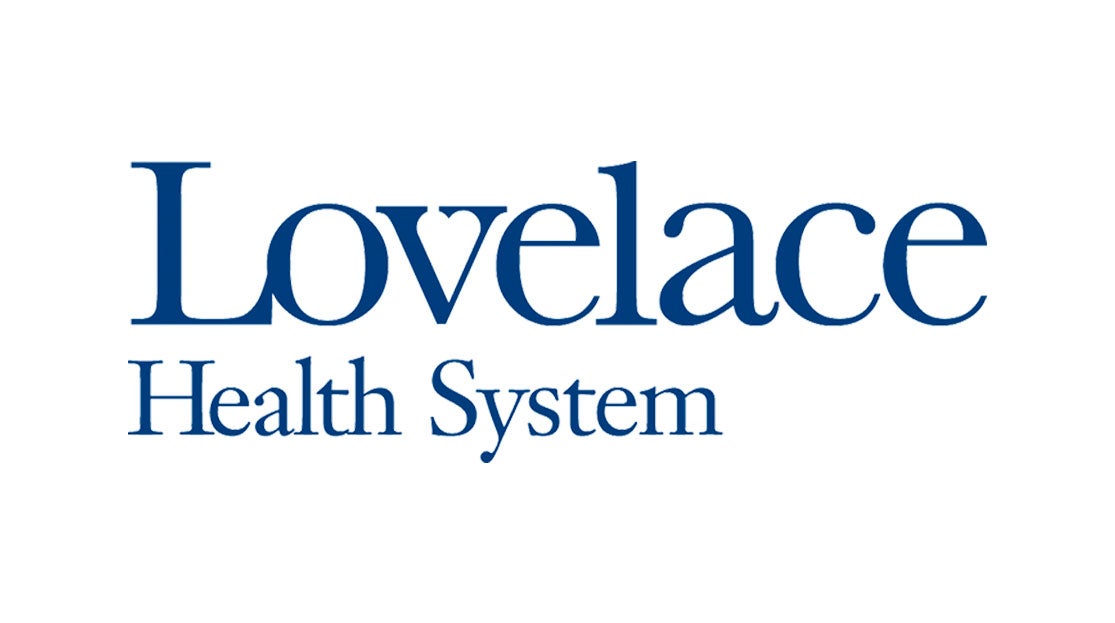
34 is young. 32 even younger. Two women in the middle of raising young families felt the sudden abandonment of their health during what should have been one of their strongest and most energetic decades of their lives. Neither Susan Pompeo nor Andrea Contreras knew their seemingly parallel yet independent lives would take the course 1 in 8 women in the United States find themselves on every year. Entry is abrupt and the journey unknown when standing before the words, “It’s breast cancer.”
Susan, 34, was six months pregnant with her fourth child when she heard those words. “The pregnancy was a shock but the cancer diagnosis blew me away,” she relives the terrifying reality.
Andrea, 32, thought of her two young daughters, 11 and 9, when she learned the lump she first discovered during a self-exam was a golf ball-sized malignant breast tumor. “I was a little shocked and angry,” she remembers. “I was so young with no family history, no problems.”
Susan also had no family history and wanted to believe that she was too young when her initial concerns surfaced. In reality, 85 percent of women with breast cancer do not have family history. Breast cancer also strikes younger than many may realize, as the leading cause for death for women 40 to 55 years old.
Starting the Fight
 Both Susan and Andrea had a diagnosis and families to raise. Fighting breast cancer head on was the only choice for both. Susan began chemotherapy during her pregnancy, followed by a single mastectomy and radiation after the birth of fourth child, a girl. “During the induction I began losing my hair,” she says of going through cancer treatment at the intersection of delivering a baby. “I knew losing my hair would be difficult, but I especially hated looking sick. It was a label I did not want. I felt strong physically.”
Both Susan and Andrea had a diagnosis and families to raise. Fighting breast cancer head on was the only choice for both. Susan began chemotherapy during her pregnancy, followed by a single mastectomy and radiation after the birth of fourth child, a girl. “During the induction I began losing my hair,” she says of going through cancer treatment at the intersection of delivering a baby. “I knew losing my hair would be difficult, but I especially hated looking sick. It was a label I did not want. I felt strong physically.”
Andrea tackled 16 weeks of chemotherapy, a bi-lateral mastectomy and radiation. She made the decision to treat her breast cancer as aggressively as she could and forfeit the possibility of carrying another baby in the future. “’You’re young, we’re going to hit you with it hard’,” Andrea recalls of her doctor’s plan for treatment.
Losing a Breast
For Susan her decision was to take one. For Andrea, both. The unwavering determination to fight for life was met with a growing grief for the loss of something that had always been a part of them. Coping with losing a breast or both is among the emotional obstacles in the battle against breast cancer for women whose treatment plan includes a mastectomy.
“They removed everything,” says Andrea. “It was shocking to come out with nothing.”
“About 5 months from the birth I had a mastectomy with reconstruction,” says Susan. “It was wonderful to wake up from surgery and have a breast.”
Moving on as a Breast Cancer Survivor
Chemotherapy, radiation and surgery all wear on the bodies they are trying to heal. Susan and Andrea are survivors of not only breast cancer, but also the physical and emotional toll of treatment.
“After recovery from the mastectomy I went on to six weeks of radiation,” Susan says. “I found radiation more tiring than chemo. However, the whole experience was emotionally and mentally devastating.”
Andrea took off six weeks from work following her bi-lateral mastectomy. Five reconstructive surgeries have followed the first. “I’m still trying to finish up the final parts of my treatment,” she says. “You always want to say it’s behind you, but it is always there.”
Despite the uncertainty of the diagnosis, the toll of treatment and the emotional pendulum swinging throughout their journeys, Susan and Andrea are thankful today. Backed by their teams, family and Lovelace, Susan and Andrea fought breast cancer and won.
“Going through this terrifying battle is life changing,” Susan reveals. “My family and my team at Lovelace made things much easier and I am blessed to have them helping along my journey. The doctors and other members of my team were instrumental in my recovery. Dr. Ridgeway was attentive and listened to my fears as well as medical concerns. He takes time with each patient. I never feel rushed. Darcy Cook made sure my results were given ASAP so that I could get on with my life. Sandra Arellano is awesome at offering support and an ear when needed.”
“Lovelace was great,” Andrea shares. “I thought the help I got from the onset was amazing.”
Today Andrea says she is open with her daughters about breast cancer and the importance of self-exams. She advises young women to be proactive about their health and not to think breast cancer is an older disease.
If you are interested in sharing your story or connecting with other breast cancer survivors, please contact Sandra Arellano, Breast Health Patient Navigator at sandra.arellano@lovelace.com.




